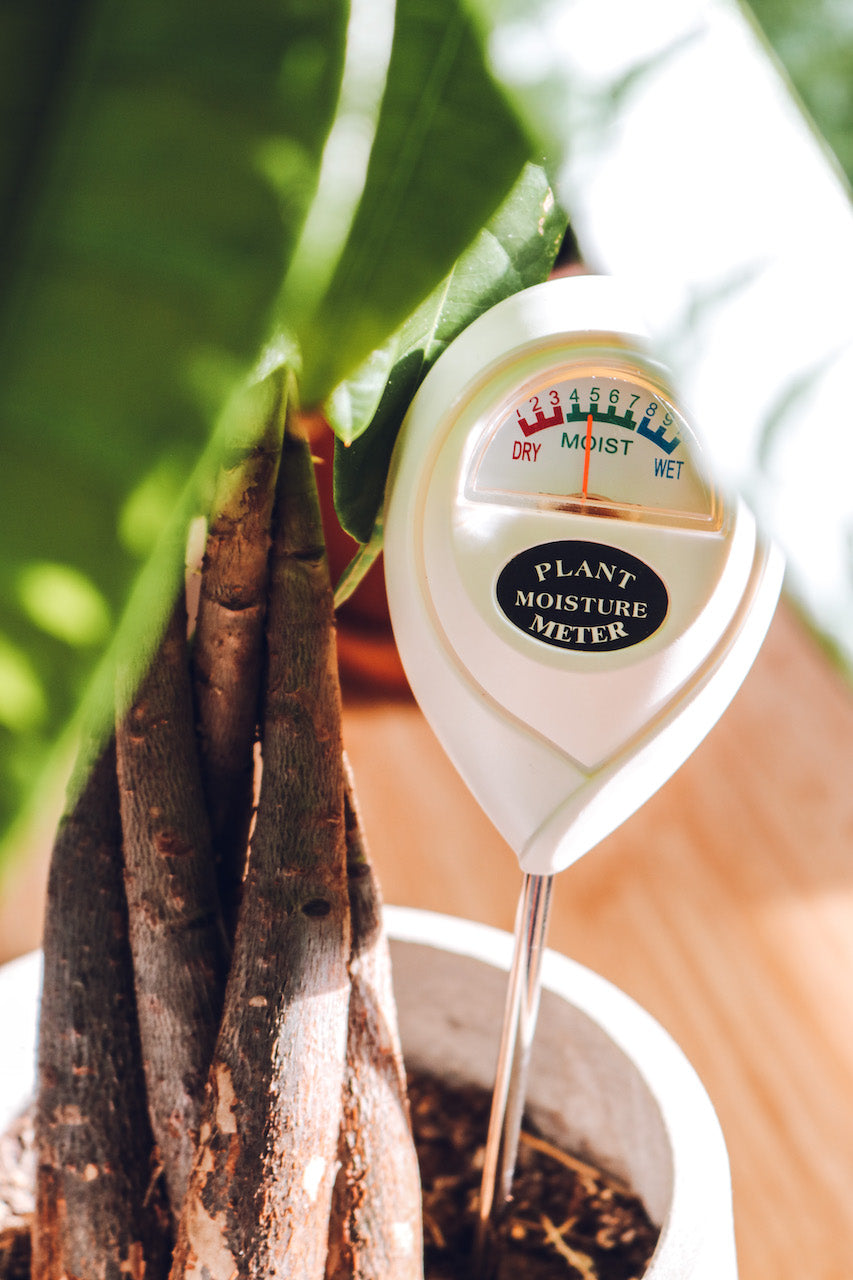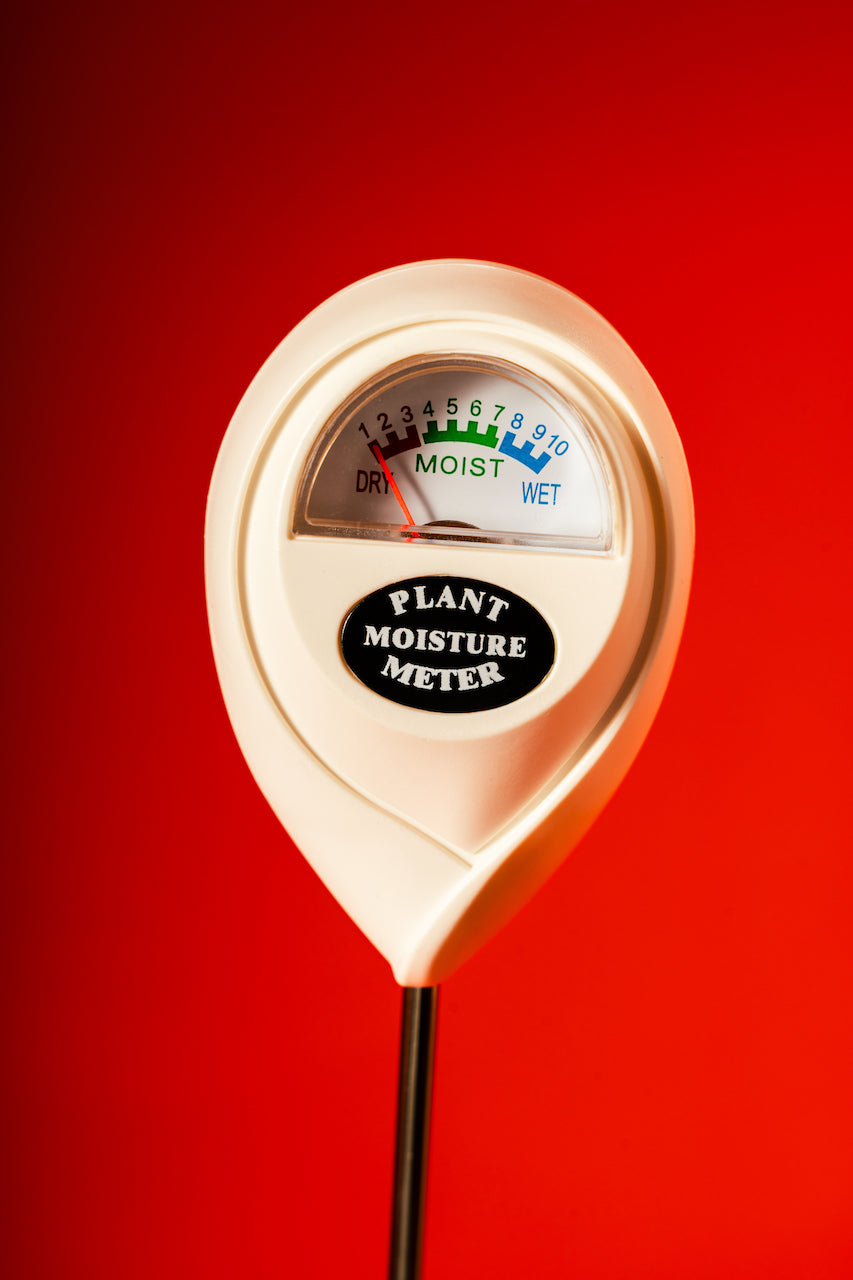The Scientific Research Behind Moisture Meters: Just How They Function and Why They're Essential
The Scientific Research Behind Moisture Meters: Just How They Function and Why They're Essential
Blog Article
The Ultimate Guide to Moisture Meters: A Comprehensive Overview and Just How They Can Conserve You Cash
In the realm of structure upkeep, building, and different sectors, the value of properly gauging wetness degrees can not be overstated. Wetness meters work as important tools in detecting and checking moisture material in materials, aiding in protecting against expensive damages and making sure the high quality of items. Comprehending the nuances of various sorts of dampness meters, their applications, and the potential cost-saving advantages they offer can be a game-changer for services and professionals alike. Uncovering exactly how these gadgets can not just enhance processes but also add to financial cost savings is a journey worth starting.
Kinds Of Moisture Meters
One typical type is the pin-type moisture meter, which measures the electric resistance in between two pins put right into a product. Pinless wetness meters, on the other hand, use electromagnetic sensing unit plates to scan a larger area without causing damages to the product's surface area.

In addition, there are likewise specialty dampness meters created for certain products like grain, dirt, or hay. These meters offer exact dampness readings tailored to the unique buildings of the product being evaluated. Infrared dampness meters determine the thermal residential or commercial properties of a product to establish its wetness content non-invasively, making them beneficial for applications where pin or pinless meters may not be ideal. Recognizing the different kinds of wetness meters readily available can assist sectors select one of the most suitable tool for their details wetness measurement demands.

Advantages of Using Dampness Meters
Wetness meters provide vital benefits in accurately evaluating and keeping an eye on wetness levels in diverse products and environments. One of the primary advantages of making use of dampness meters is the avoidance of potential damage created by excess wetness.
In addition, utilizing dampness meters can lead to enhanced power efficiency. In farming setups, moisture meters play a crucial function in maximizing crop returns by enabling farmers to keep track of dirt moisture degrees and make informed watering choices.
How to Select the Right Dampness Meter
When picking a wetness meter, it's crucial to make certain that the meter is appropriate for the particular product you will be testing. Various materials have varying electric residential or commercial properties that can affect moisture analyses, so choosing a meter designed for your product is vital for accurate outcomes. By carefully evaluating these variables, you can select a moisture meter that satisfies your needs and gives precise moisture dimensions for your projects.
Correct Methods for Dampness Meter Usage

Price Savings Through Moisture Meter Applications
How can the tactical usage of moisture meters lead to significant expense savings across different markets? Moisture meters play an essential function in cost savings by preventing potential damages and making certain top quality control in different industries. In the agriculture sector, wetness meters aid in determining the optimum time for gathering crops, preventing excess or over-drying moisture that can affect the final item's top quality. This exact tracking assists farmers stay clear of unnecessary losses and optimize their yield.
In a similar way, in construction, wetness meters assist prevent expensive problems by discovering wetness degrees in structure products, such as wood her comment is here or concrete, which can lead to structural issues if not attended to without delay. By determining problem locations early, service providers can take restorative procedures to avoid substantial fixings or replacements, ultimately saving money and time.
Moreover, in the food handling sector, dampness meters are necessary for keeping track of item high quality and ensuring compliance with security guidelines. By accurately determining moisture content in food items, manufacturers can prevent putridity, maintain quality, and reduce waste, leading to substantial price financial savings. Overall, the tactical application of wetness meters is a useful financial investment that can cause substantial price decreases and boosted performance throughout numerous markets.
Final Thought
In final thought, dampness meters are useful tools for detecting and gauging dampness levels in numerous products. By using the right dampness meter and following correct techniques, customers can efficiently protect against costly damages created by excess wetness.
Moisture meters offer as vital tools in finding and keeping track of moisture web content in materials, assisting in preventing expensive problems and guaranteeing the top quality of products. Infrared wetness meters measure the thermal homes of a product to determine its wetness material non-invasively, making them valuable for applications where pin or pinless meters may not be appropriate.Dampness meters offer invaluable benefits in properly analyzing and keeping an eye on moisture levels in diverse products and settings. In farming setups, moisture meters play an important function in maximizing plant returns by making it possible for farmers to monitor soil moisture check this levels and make notified irrigation decisions.In final thought, wetness meters are valuable tools for finding and gauging dampness degrees in numerous products.
Report this page